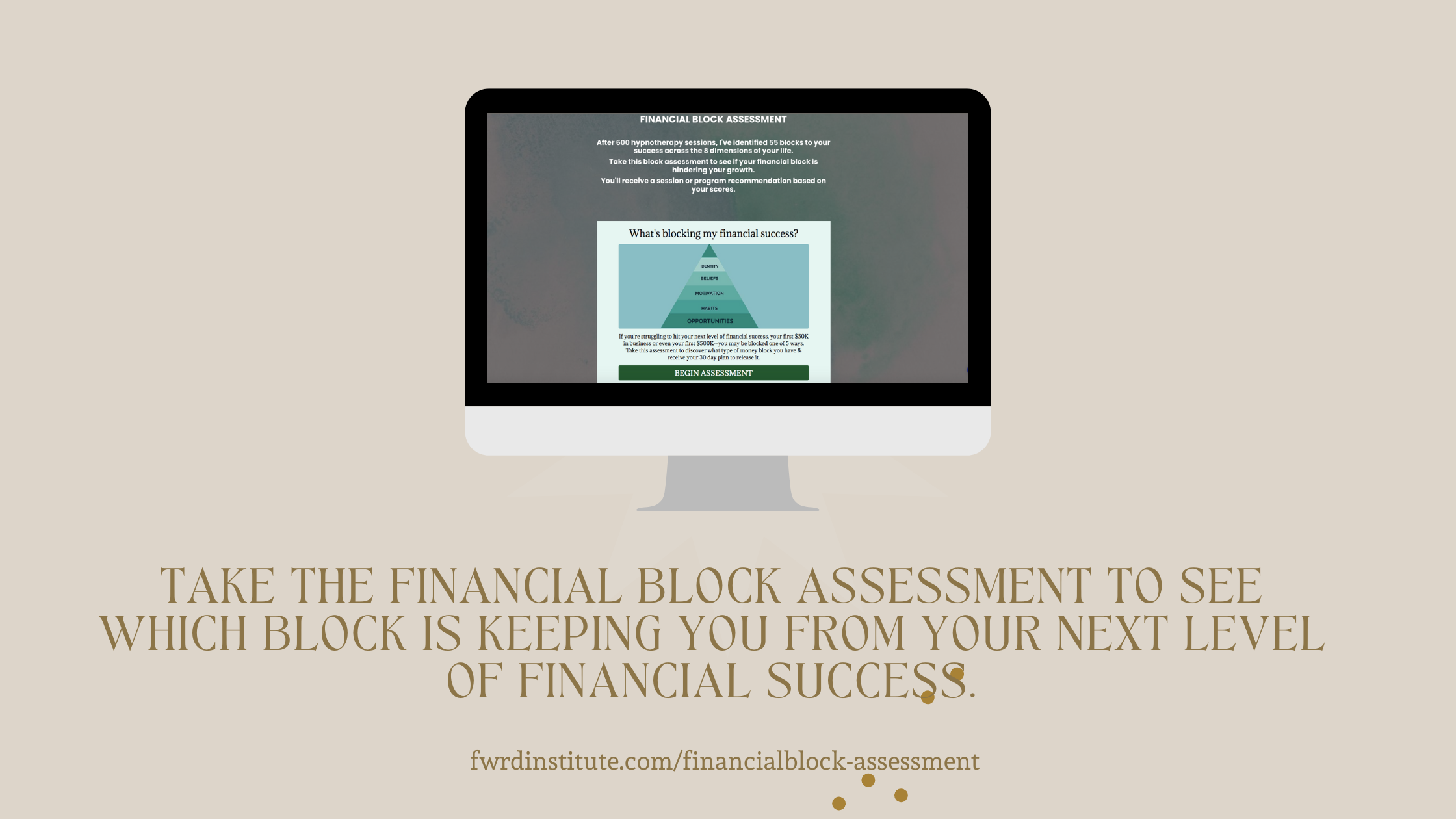How to Start Putting Yourself First

In part 3 of our guide to helping you become a better you, we’re breaking down the importance of putting yourself first. If you're a people-pleaser, you're likely to end up feeling anxious, stressed, and emotionally depleted when you keep going too far to please others. Of course, it's a good thing to be helpful and kind but when you keep doing anything at all for other people's happiness, without giving little to no thought about how you feel too, you're gradually killing yourself.
What’s a People-Pleaser?
Someone who's a people-pleaser will often find themselves practicing self-neglect or self-sacrifice because such a person will find it very difficult to advocate for themselves. This kind of person will be perceived to be highly kind, helpful, and agreeable as they care less about themselves but shows more concern about other people's needs.
Most people who are people-pleasers may feel they need to do whatever it is they have to do so that they can maintain their relationships and enjoy the approval of people who are distant, close, or dear to them. "Sociotropy" is the personality trait associated with people-pleasing. People who have codependency or dependent personality disorder, borderline personality disorder (BPD), avoidant personality disorder, depression, or anxiety are likely to exhibit this behavior.
Signs You Might Be a People-Pleaser
Some people may not even know that they're indulging in people-pleasing. However, most people-pleasers do have some of these characteristics:
- Even though they have a different opinion, they act as if they agree with people's opinions.
- They care more about the needs of others and they care less about their own needs.
- They're so occupied doing things for other people and they never have free time to look after themselves.
- Even when they're not at fault, they love to take the blame.
- They're constantly telling people they're sorry.
- They're always trying to earn the approval of people around them and for that, they strive to do things for them that will make people like them.
- They suffer from low self-esteem.
- They do what they don't desire to do and they're quick to agree to things they don’t like.
- They are excessively scared of being perceived as being selfish or mean, and for that, they're very fearful about turning people down.
- When they tell people "no", they feel very guilty.
- They're often concerned and constantly worried about what other people might think.
- Saying "no" is a very difficult thing for them.
Although being a people-pleaser has its downsides, it also has its few good sides because people-pleasers can be caring, thoughtful, and empathetic. However, this still doesn't obliterate the fact that people-pleasers may feel stressed and drained when they're so focused on making others happy.
Causes
There are lots of reasons why you're exhibiting this kind of behavior and it's crucial that you know why it's very important for you to stop being a people-pleaser. Here are some of the causative factors:
-
Poor self-esteem:
Most people who are people-pleasers often long for acceptance and approval from others because they crave external validation as they score very low on self-confidence. Their needs and desires aren't valued by them.
-
Insecurity:
Some people go above and beyond to make they're beloved happy because they're concerned that they might not be liked and they have no choice but to please them.
-
Perfectionism:
Some people love to present themselves as the perfect person and they'll do whatever it is that they can do to satisfy people's expectations and make themselves appear "perfect and acceptable."
-
Past experiences:
With the aim of avoiding inciting abusive behavior in others, some people try to be very agreeable and make efforts to please others because of their traumatic, difficult, or painful experience.
Effects of Being a People-Pleaser
It's not a bad thing to indulge in people-pleasing but take note that this act can become very worrisome when it begins to affect your well-being and you refuse to take care of yourself.
-
Anger and Frustration
People-pleasing often makes you feel sorry for yourself, you feel regretful, and you feel you're being taken advantage of, which will end up making you feel mad. Since you're not doing these things out of your will, you're likely to end up feeling frustrated.
-
Anxiety and Stress
You're prone to excess stress when you don't leave time for yourself but keep stretching yourself out for others.
-
Depleted Willpower
You'll not be able to work on your own goals more effectively because you'll be focusing all your resources and energy on the happiness of others.
-
Lack of Authenticity
People-pleasing makes you lose who you are. It makes you become a fake person because you'll only be consumed by the need to accommodate others and to keep dancing to their tune.
-
Weaker Relationships
The relationships you form may not be healthy when you're all about meeting other people's expectations.
Take our free assessment to identify the type of block you may have here
Being Nice vs. Being a People-Pleaser
It's worthy to point out that there's a huge difference between being nice and being a people-pleaser. There are lots of reasons why people do things. Someone may be motivated to do something to earn a favor, to return a favor, to help, or just feel good. Nevertheless, you should know you're indulging in people-pleasing when your fear of being rejected or being disliked is what's motivating you to do something.
Tips to Stop People-Pleasing
People-pleasing is an act that can prevent you from being a better person and this is why you must understand what it is and take a step to overcome it. Thus, it's important that you learn to strike a balance between helping others and not leaving yourself unattended. To stop being a people-pleaser, here are some of the things you can do:
-
Establish Boundaries
Setting boundaries will help to communicate your limits. When you're very precise about what you can take and what you can't, people will understand the extent you can go. Creating boundaries isn't usually difficult. You can start by fixing a schedule for yourself or limiting the number of hours you speak on the phone.
-
Start Small
Don't despise little beginnings. It could be quite difficult to change behavioral patterns, so you have to brace up yourself to start small. To start small, you can commence by asking for what you need, giving your opinion about something, or just saying no to some requests that you're not fine with. Remember that you don't always have to say yes all the time and you'll be able to take back control of your life and even gain greater confidence when you keep taking all these little steps.
-
Set Goals and Priorities
Most people don't know if they're available to do something simply because they don't know their priorities. Be sure of what you're trying to accomplish. Define your goals. Where are you planning to spend your time? Why? Is it important? Is it necessary?
-
Try Positive Self-Talk
You're not born to please anybody in this world. Always remember this whenever you feel struck by that feeling that you must do something that gives you no joy. Tell yourself that your goals are important and you're worthy of having time for yourself.
-
Stall for Time
Don't be too quick to say yes to people's requests, there are times when you should tell them that you need some time to ponder over it.
-
Help When You Want to Actually Help
The fact that you wanted to stop people-pleasing doesn't mean you should stop helping people. Help when you want to help. The only thing you should do is to check your intentions and motivations.
This will create more authentic connections and relationships in both your business and personal lives. In Better You In 52, you'll go through a 3-layered shift to help you activate your soul love and stop people-pleasing.
Join us in Better You In 52 and release people-pleasing and other negative habits holding you back.




